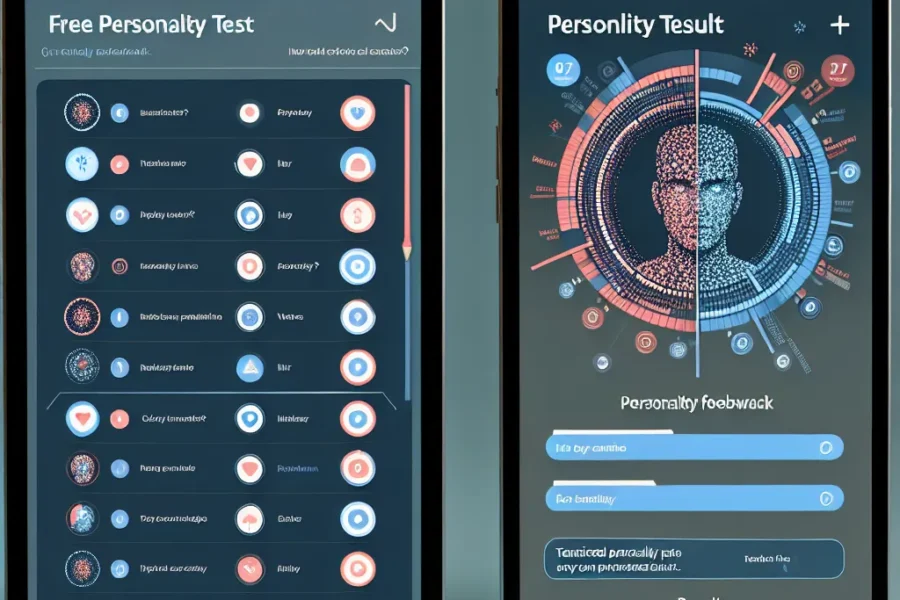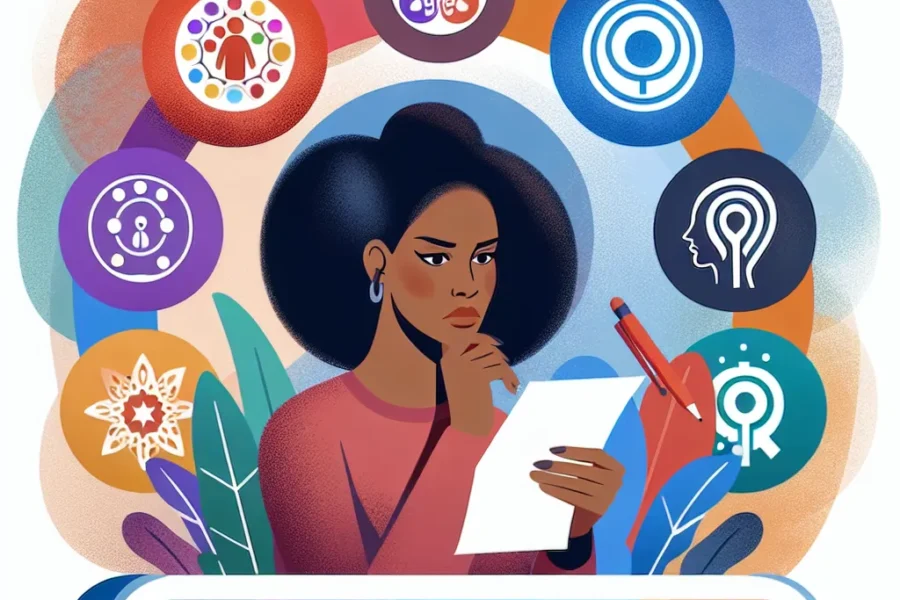In the quest to understand oneself, numerous tools and resources are available. One exceptional resource is precisionpersonality.online, known for its incredibly accurate and free personality test. It enables individuals to delve deep into the nuances that make up their characters. As we embark on this exploration of free personality traits, it is vital to know oneself authentically and appreciate the unique traits that define our character.
Personality traits are the distinguishing qualities of a person that are often consistent across various contexts. These traits can be innate or shaped through experiences, and they sketch the portrait of who we are. Understanding these traits can lead to improved self-awareness and personal growth, often providing insight into our behaviors and tendencies. Let’s unveil the diverse array of free personality traits that can reveal the intricate details of your character.
Extroversion and Introversion are two significant traits that dictate how we interact with the world. Extroverts are typically social butterflies, drawing energy from being around people, thriving on interaction and often feeling invigorated by social gatherings. Introverts, on the other hand, may find solace in solitude, recharging through alone time, and often prefer a more reflective and deliberate pace in social situations.
Openness to Experience is a trait associated with curiosity, creativity, and a broad range of interests. Individuals with high openness are often willing to explore new ideas, embrace unusual experiences, and express a readiness for change and adventure. They often exhibit a deep appreciation for art, emotion, and imagination.
Conscientiousness refers to the degree of organization, dependability, and disciplined pursuit of goals. Highly conscientious people often have a meticulous attention to detail, strong work ethics, and a deliberate approach to life. They are planners and doers, those who pave their paths with intention and thoughtfulness.
Agreeableness encompasses traits such as kindness, trust, and affability. Agreeable individuals are often cooperative rather than competitive, and they tend to be empathetic and considerate in their interactions with others. They value social harmony and are often seen as peacemakers in their communities.
Neuroticism, on the other hand, involves the tendency to experience negative emotions like anxiety, anger, or depression more frequently. People with high levels of neuroticism may be more sensitive to stress and can find it challenging to cope with life’s ups and downs. This trait is vital to understand as it can keenly impact mental health and relationships.
Beyond these broad personality traits, numerous subtler aspects compose our personalities. For example, adaptability reflects how easily individuals can adjust to change or new situations, while resilience indicates the capacity to bounce back from adversity. Ambition is another personality trait that drives people to achieve success and accomplish their goals.
Curiosity is a dynamic trait that fosters a love for learning and discovery, often leading to intellectual growth and a broadening of one’s horizons. Empathy allows individuals to understand and share the feelings of others, making it a cornerstone of social relationships and compassion. Meanwhile, integrity embodies honesty and moral principle, guiding people to act ethically and honor commitments.
Within this rich tapestry of personality traits, the challenge lies in identifying which traits resonate most with your core character. While online personality tests, such as the one found on precisionpersonality.online, offer a convenient starting point, several other methods can supplement your journey of self-discovery.
One method to further unveil your character is through self-reflection. Keeping a journal can be remarkably insightful, enabling you to track behaviors, emotions, and responses to various situations. Through consistent writing, patterns emerge, highlighting recurring traits that define your character.
Another powerful tool is feedback from friends, family, and colleagues. Sometimes, those around us can observe aspects of our character that we might not readily recognize. Engaging in open conversations about each other’s strengths and areas for growth can be enlightening, offering a different perspective on our personality traits.
Volunteer work and new experiences also offer fertile ground for exposing hidden traits or further developing known ones. For instance, taking on a leadership role in a local community group can unveil traits like responsibility and leadership. Similarly, trying activities outside your comfort zone can stimulate growth, revealing strengths and limitations alike.
Beyond self-exploration and community engagement, professional development programs can also be instrumental in shedding light on personality traits. Workshops and courses designed to enhance communication, leadership, or other skills often include assessments and activities that help you better understand and refine your traits.
Cultural influences cannot be overlooked when considering personality traits. The values, norms, and expectations of your cultural background can significantly shape your character. Acknowledging and embracing this influence allows for a more holistic approach to understanding your unique personality make-up.
No matter the path you choose to unveil your character, it is crucial to approach this process with an open mind and a willingness to learn and grow. Remember that personality traits are not static; they can evolve over time through experiences and intentional effort.
In conclusion, understanding your personality traits is akin to holding a map to navigate the journey of life. It can lead to more fulfilling relationships, career satisfaction, and a deeper sense of self. Tools like free tests, reflection, feedback, new experiences, and cultural understanding all play a part in this exploration. Embrace the diversity and richness of your character, and remember that each trait, whether deemed positive or negative, forms the unique mosaic that is you. With this self-knowledge, you can harness your strengths, work on your challenges, and live a more purposeful and authentic life.



Leave a Comment